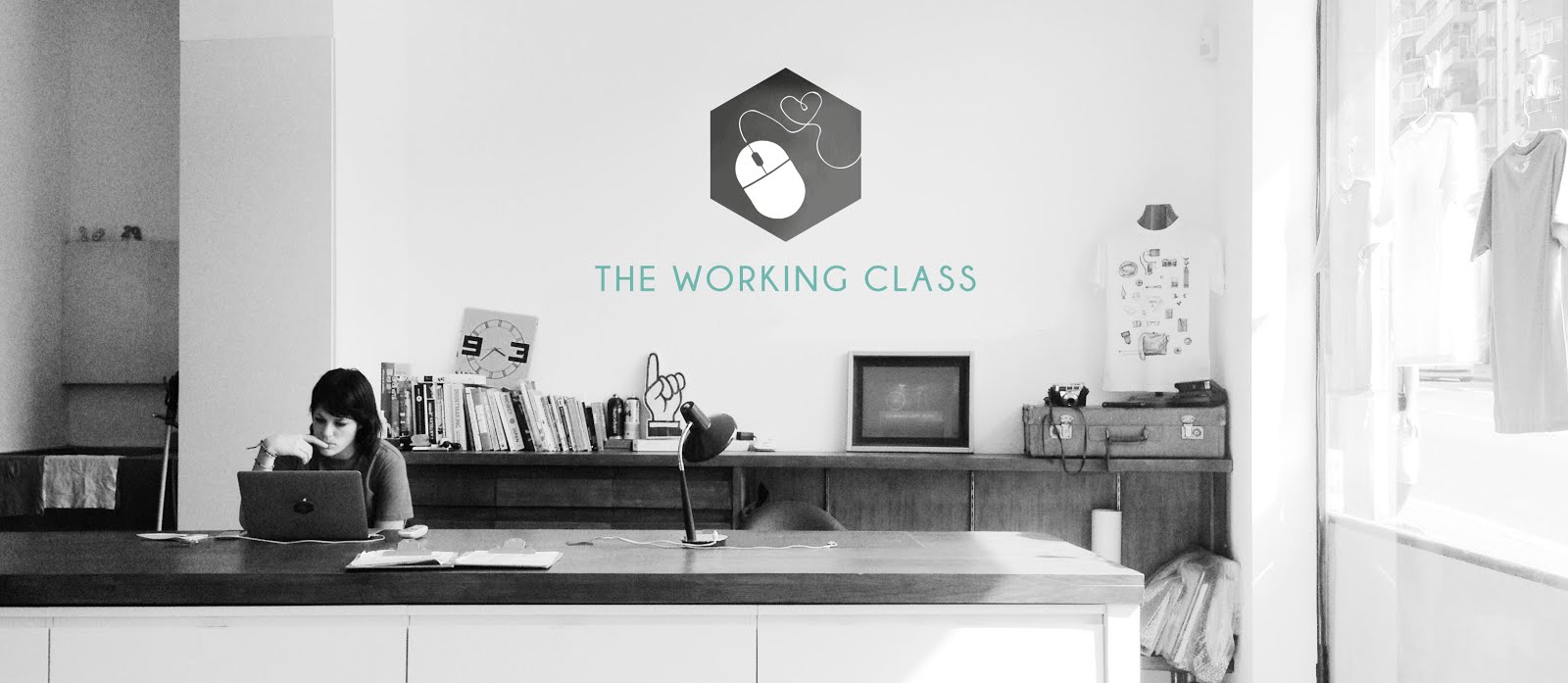For anyone who wants to enter a professional working environment, you need to know the difference between a Resume and a CV (Curriculum Vitae). The biggest difference between the 2 is the length of the document. A resume is a 1 page summary of one's skills and experiences, whereas a CV is a lengthier and detailed document of one's education, achievements, accomplishment, etc. However, do not confuse a CV with biography, by over loading the document with useless life facts that are irrelevant to the position you are applying for.
Since hiring agents, or potential employers spend an estimate of 20 seconds scanning your resume, you really want the important information to stand out. Here are 5 things you should remove from you CV today, apart from it taking up space, they can sometimes work to your disadvantage.
1. Stop using bland fluff words.
If you think making use of big words makes you sound smarter, you are mistaken. On the contrary it does the opposite, bland fluff words are easily identified, so the impression you are giving is that there is no true substance to your CV, therefore you are making use of meaningless words to 'fluff' up the appearance.
E.g. dynamic visionary, developing organism, vernacular understanding.
Apart from fluff words, redundancy, slang, made up words are all a no-no's.
2. Eliminate your home number.
In this day and age, many of us don't have home numbers, and if you do, surely you're not sitting around at home the entire day waiting for it to ring. If possible, you want to provide only 1 contact number so that whomever may be looking for you can get hold of you successfully. Hiring agent or employers do not want struggle to reach you.
3. Remove irrelevant job references.
People who don't have much work experiences tend to write down unrelated job references, to fill their CV's. It really does nothing, since the employer at an auditing company has no interested in the gap year you took after high school working as a waiter in London.
This is also applicable for skills that are unrelated. It is no ones business that you can slam dunk, or eat 10 burgers.
4. Stating the obvious.
Since most companies require you to e-mail your CV, we have moved away from official cover letters, but rather a professional e-mail that accompanies the CV. Regardless which option you opt for, you should eliminate stating the obvious.
E.g. what not to be writing:
I am sending you an e-mail because I see your restaurant advertised for a new pastry chef, which is the position I would like to apply for.
But rather:
I would like to apply for the pastry chef position at your restaurant.
5. Inappropriate photo's.
It is not required for people to include photo's or any personal information (e.g.
religion, ethnicity) in their CV's. Any information that can be used to discriminate against you can be left out, unless it was a requirement stipulated. Having said this, many people tend to include their photo's, wanting to allow the employer to 'put a face to the name'. If you find it essential for the employer to see what you look like, make sure you choose an appropriate photo. Any excessive pouting, plumber cleavage, dirty clothes or hair, prison death stare, does not work in a professional environment.
Always keep your CV focused on the job you're applying for. Keep it simple and to the point.

